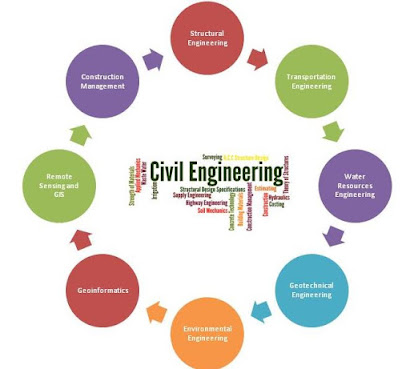Earthquake preparedness.
Now, I am Start writing the article on Earthquake preparedness
There are so many variables to earthquakes that it's tough to give a complete list of everything you should do. These are the very general earthquake preparedness tips to make your family as prepared as you can be.
Before an earthquake:
Have a plan! This should be priority #1 with any disaster situation. Make a plan, Make sure kids know how to dial Emergency numbers. Teach family members how to shut off gas and water lines. Have a communication plan if the family is separated. Designate a friend or relative who doesn't live in your area as a common contact person and teach your kids how to contact this person. Often it's easier to dial long distance in a disaster situation.
Check your home for hazards. Inside water and gas lines should be flexible. Shelves should be securely fastened to walls. Keep breakables as low as possible in secure cabinets with latches. Heavy items should not be hung over any common areas where people lay or sit. Fix any deep cracks immediately. Check your electrical wiring and gas lines. If they are defective they are more likely to be fire hazards.
Identify safe places to be. If you are outside, try to get to an open area away from buildings, electrical or phone lines, overpasses, or expressways.
Have disaster supplies stored and ready to go? A bit further in this article, you will find a more detailed list of emergency survival supplies to have stocked. Since these types of disasters can happen anytime without warning, it's very important to have your emergency supplies stocked at all times.
Share your knowledge with others. Talk to friends, family members, or anybody in your community who will listen. Many lives can be saved by being prepared ahead of time.
During an earthquake:
If you are indoors:
Drop, Cover, and Hold On! Drop to the ground right away.
Stay away from anything that can fall or topple over. Stay clear of breakables such as anything made of glass.
If you are in bed just stay there. keep a pillow on your head and wait for the shaking to stop.
If you are near a doorway and want to use it for shelter, just make sure you know it's a sturdy, load-bearing door before you use it.
Stay inside and wait for the shaking to stop. Only move outside after the shaking stops and you're sure it's safe to move. Most injuries occur when people try to move around or get outside when it's not safe to do so.
Do not try and use elevators!
If you are outdoors:
Stay outside! If you can, get to an open area that is away from buildings, electrical or phone wires and poles, and basically anything that could come crashing down.
Most injuries and fatalities occur when people try and run out of a building, or near a building and get hit by falling debris. Stay away from exits and exterior walls. Watch for flying glass, flying debris, or collapsing walls (most likely to be the exterior walls).
If you are in a vehicle:
Stop as fast as you safely can. Do not leave your vehicle. Avoid stopping nearby buildings, trees, and poles. Also stay away from overpasses, bridges, and expressways if possible.
Once the shaking is done, proceed with caution. Try to avoid any bridges, overpasses, damaged roads, or ramps. They may have been weakened by the earthquake.
After an earthquake:
Be ready for aftershocks. Aftershocks can come in the following hours, days, weeks, months, and even years after the main earthquake!
Find a way to listen to the latest emergency information. Many emergency flashlights we have available include radio and cell phone charger and don't require batteries. You simply squeeze them or hand crank them to charge them.
Try to limit your phone calls to emergency calls only. Everybody tries to use the phone after this type of event and the circuits get jammed. Try not to contribute to the problem unless it's an absolute emergency. If you have designated an out of state friend or relative for your family to contact, you may have better luck making an out of area long-distance call. Those circuits may be open.
Be alert when opening the closet and cabinet doors. Be especially careful if the cabinet has flammables, glass, or anything heavy in it.
If anything spilled, clean it up quickly. This especially applies to flammable liquids or chemicals such as bleach or pesticides. If you smell fumes (such as natural gas) in the air, just leave the area as quickly as you can.
Don't go near areas that have been damaged unless specifically asked to do so by emergency personnel.
You can also read another article on:




Comments
Post a Comment